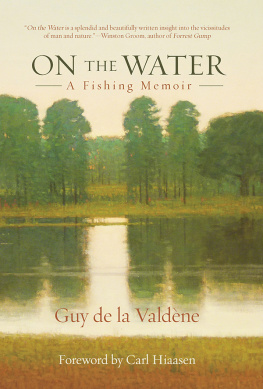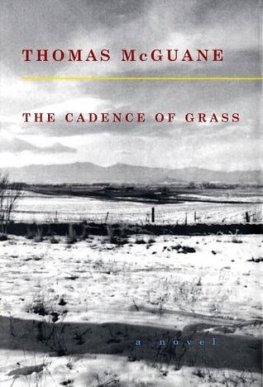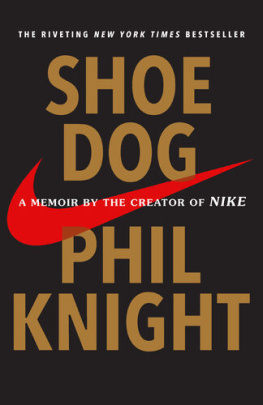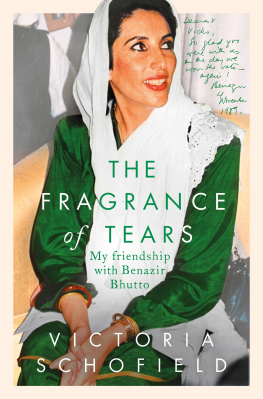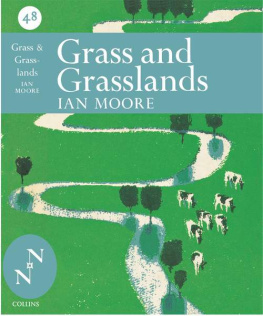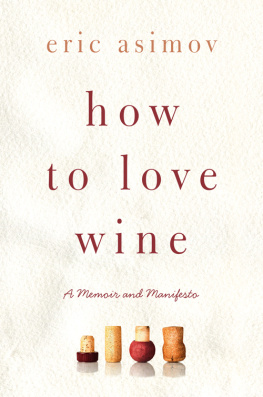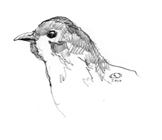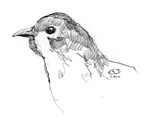Guy de la Valdène - Fragrance of Grass
Here you can read online Guy de la Valdène - Fragrance of Grass full text of the book (entire story) in english for free. Download pdf and epub, get meaning, cover and reviews about this ebook. year: 2012, publisher: Lyons Press, genre: Detective and thriller. Description of the work, (preface) as well as reviews are available. Best literature library LitArk.com created for fans of good reading and offers a wide selection of genres:
Romance novel
Science fiction
Adventure
Detective
Science
History
Home and family
Prose
Art
Politics
Computer
Non-fiction
Religion
Business
Children
Humor
Choose a favorite category and find really read worthwhile books. Enjoy immersion in the world of imagination, feel the emotions of the characters or learn something new for yourself, make an fascinating discovery.

- Book:Fragrance of Grass
- Author:
- Publisher:Lyons Press
- Genre:
- Year:2012
- Rating:5 / 5
- Favourites:Add to favourites
- Your mark:
Fragrance of Grass: summary, description and annotation
We offer to read an annotation, description, summary or preface (depends on what the author of the book "Fragrance of Grass" wrote himself). If you haven't found the necessary information about the book — write in the comments, we will try to find it.
An ode to one mans lifelong love affair with hunting
Valdnes wondrous fieldmemoir is a rich sportsmans miscellany memorable and erudite fowling lore, camp etiquette, ballistics, poaching ethics, glorious anecdote, bloody ducks, persistent bawdiness, and better wine than you or Ill ever drinkall elegantly spun as an affectionate and sentimental education of loss and renewal. Its a terrific book.
Richard Ford
Part memoir, part history, The Fragrance of Grass stands as a testament to Guy de la Valdnes deep love of, and abiding respect for, the natural world and all that inhabit it. Set in places as far afield as France and Montana, Saskatchewan and Florida, this is a beautifully written book that is also an elegant treatise on everything from dogs, birds, and wildlife to food, wine, and women.
The Fragrance of Grass will be treasured by all sportsmen and by the readers of Tom McGuane and Jim Harrison. The authors first book in nearly a decade, it is now being published to coincide with the paperback edition of his classic Red Stag.
FROM THE INTRODUCTION
I am watching a thousand feathersgrey partridge feathersfloating high on the surface of the pond in front of the cabin I pretend to work in. I have plucked a million feathers from the bodies of all the grey partridge I have cooked in my life, beautiful golden-brown feathers that match the fall colors of the cypress tress that grow on the edge of my pond. It is November, and all at once winter includes me.
On the porch of the cabin there is a wooden rocking chair, weathered and comfortable, that I sit in every day. On quiet afternoons I think about the slowing growth of the loblolly pines I have been watching for twenty years, the everchanging face of the pond now active with fish, and the condition of the natural world outside of my custody. . . .
I have hunted at least one hour a day for three months a year, ever since I was eight years old. That translates into more than 5,000 hours in the field, a lifetime walk that, under different circumstances, might have taken me from Paris to Istanbul and back. If to this hike I add the time I have spent shooting . . . I can safely assume that I have had my hands on the stock of a gun for one whole year of the sixty-plus that I have been around.
I like to walk, and I know guns.
Guy de la Valdène: author's other books
Who wrote Fragrance of Grass? Find out the surname, the name of the author of the book and a list of all author's works by series.

